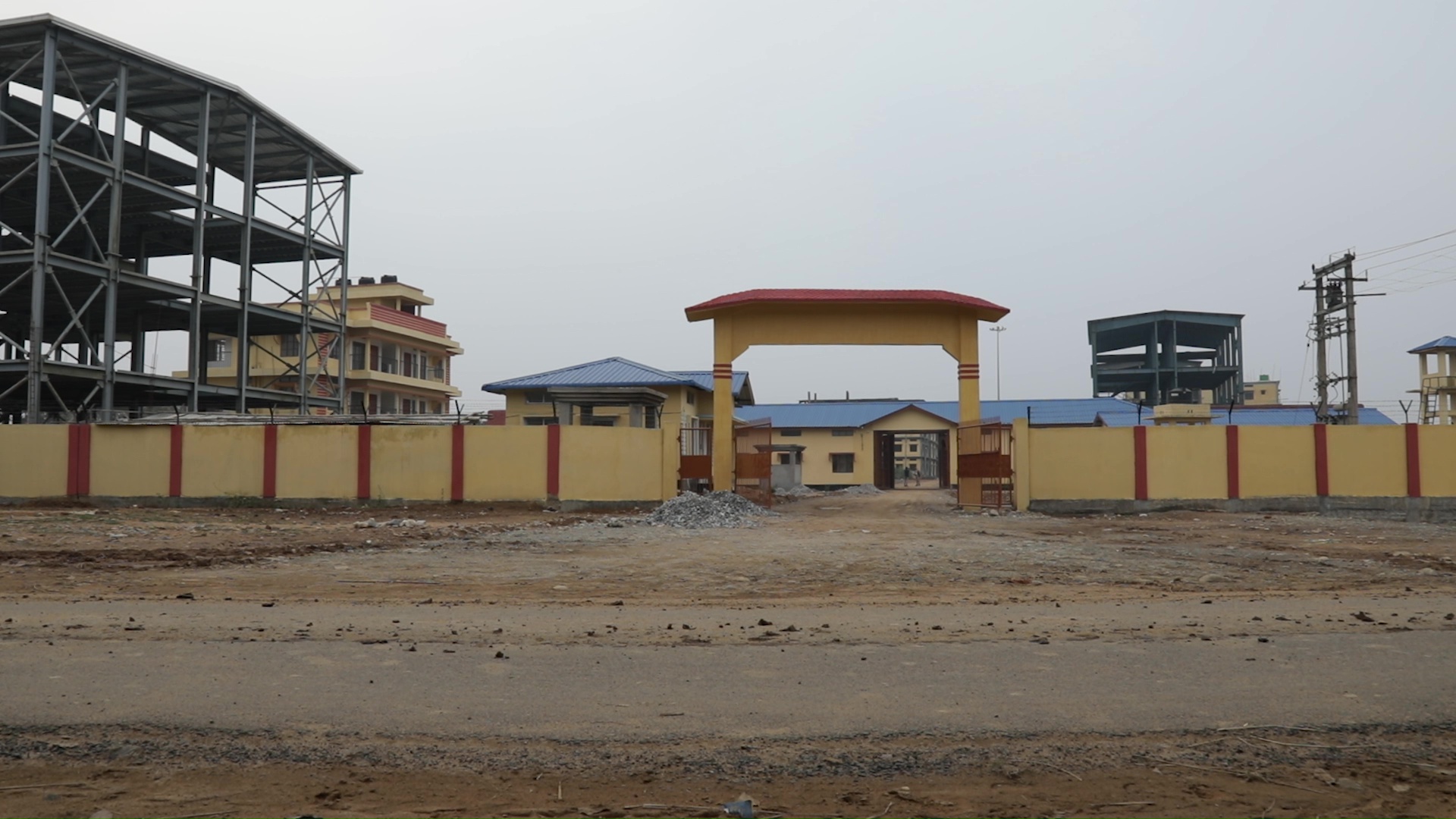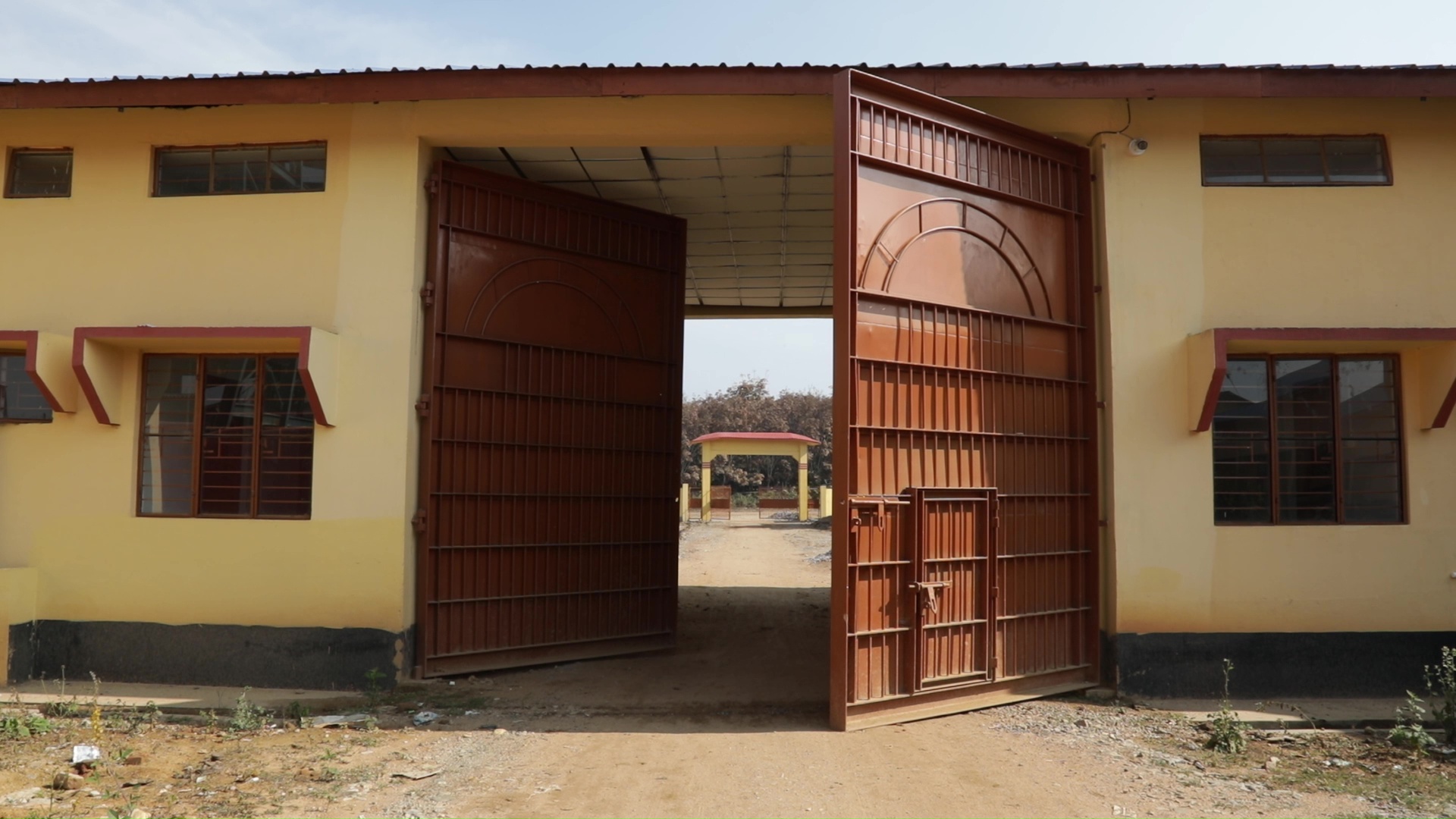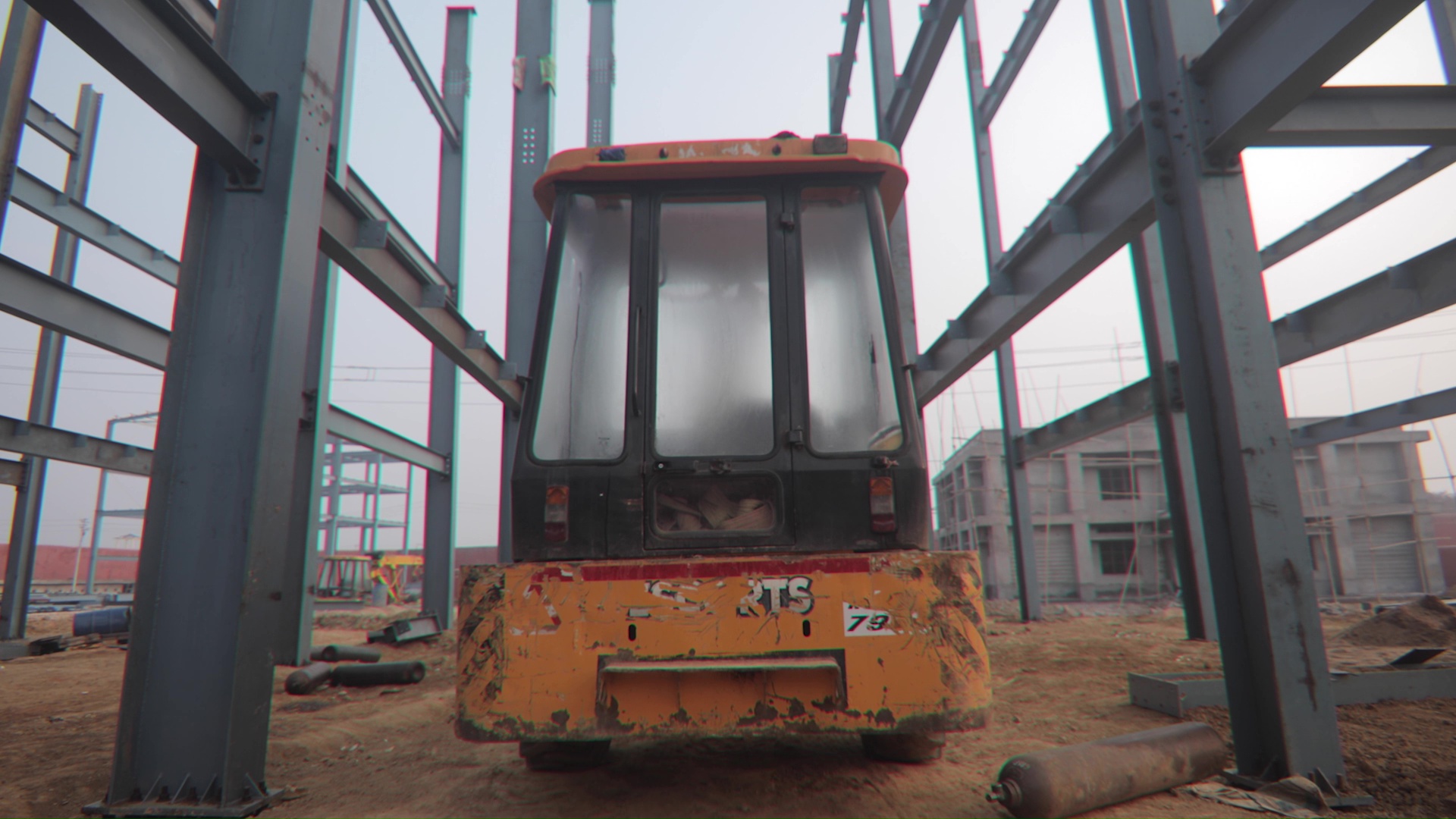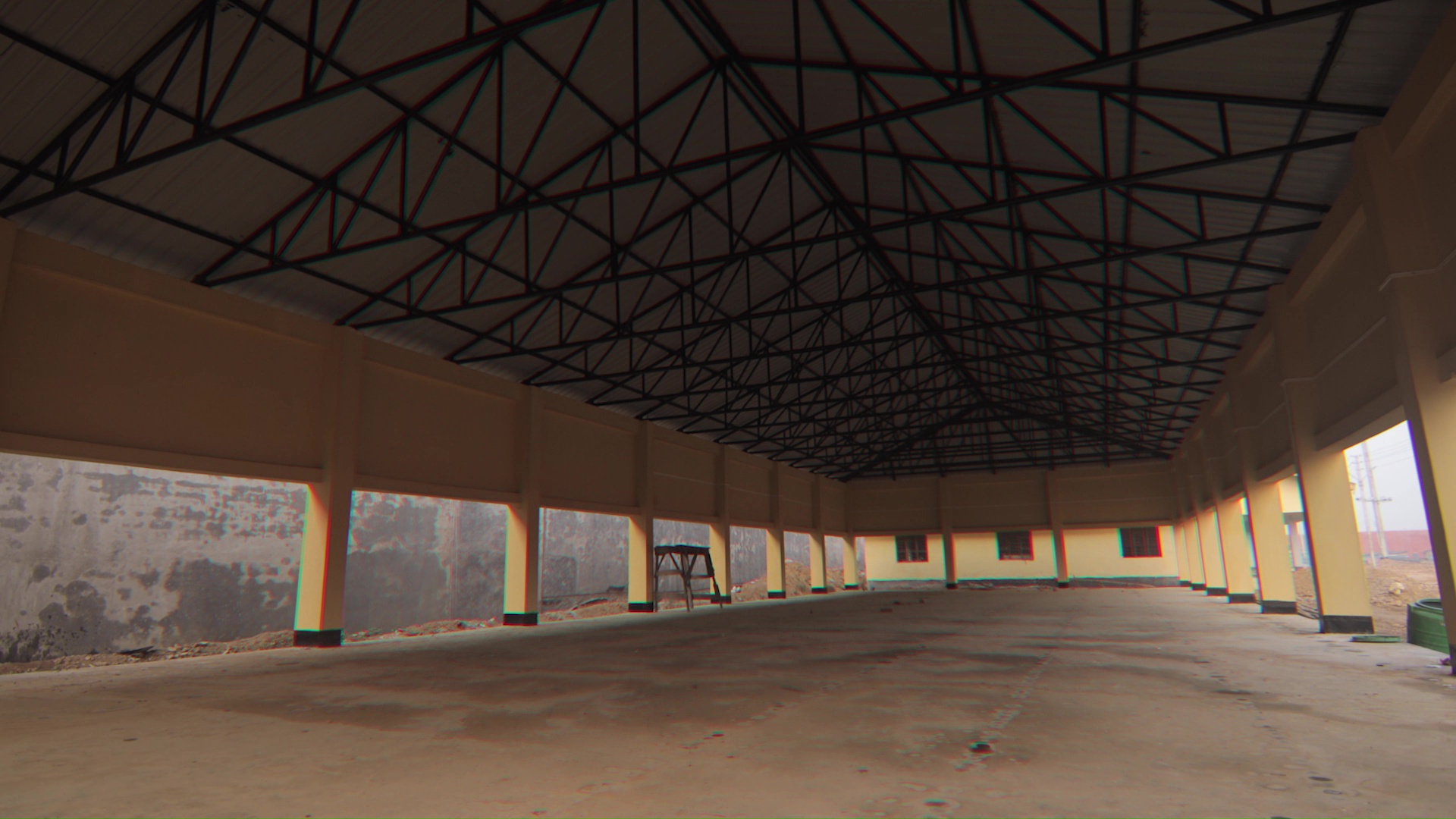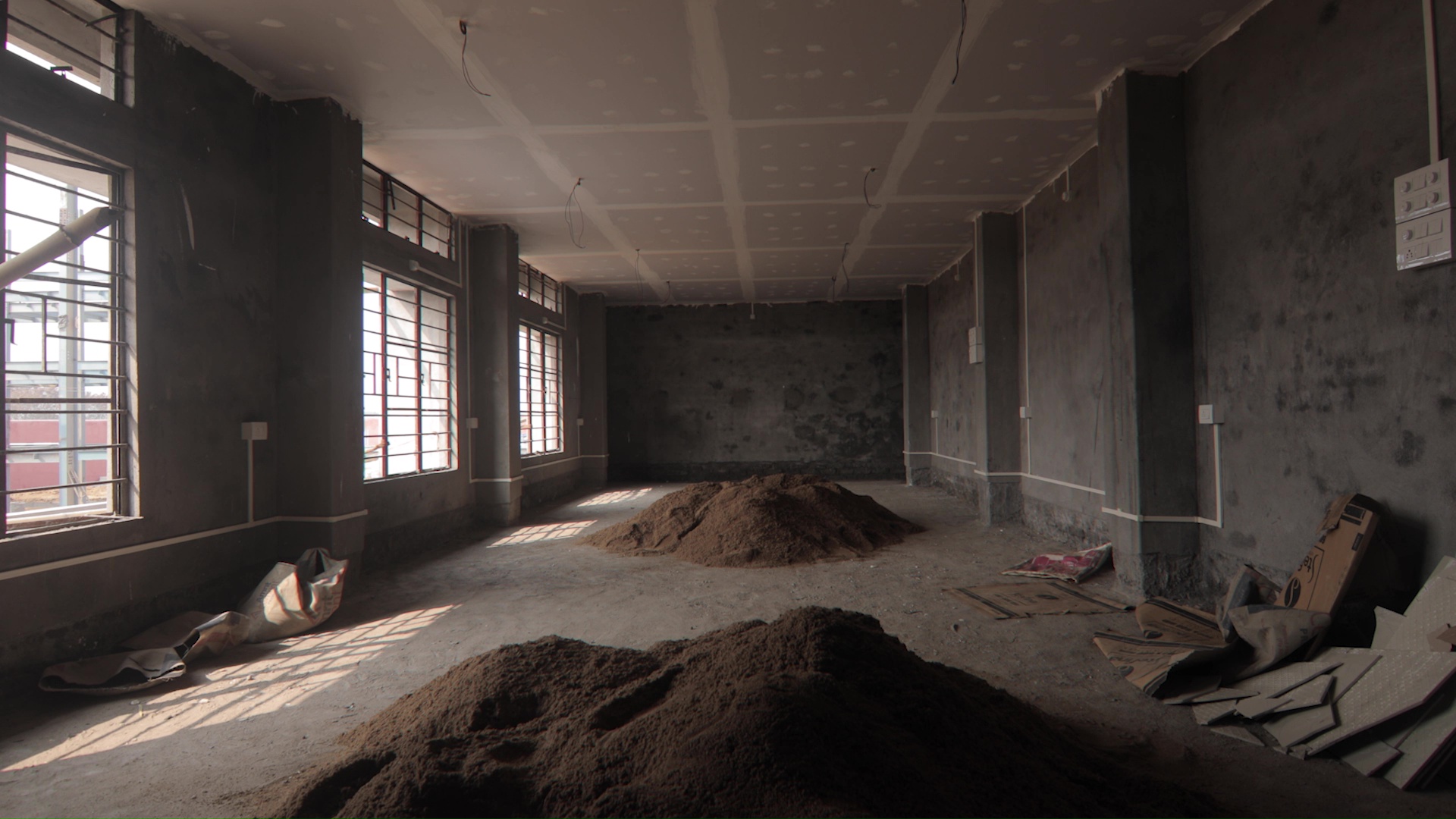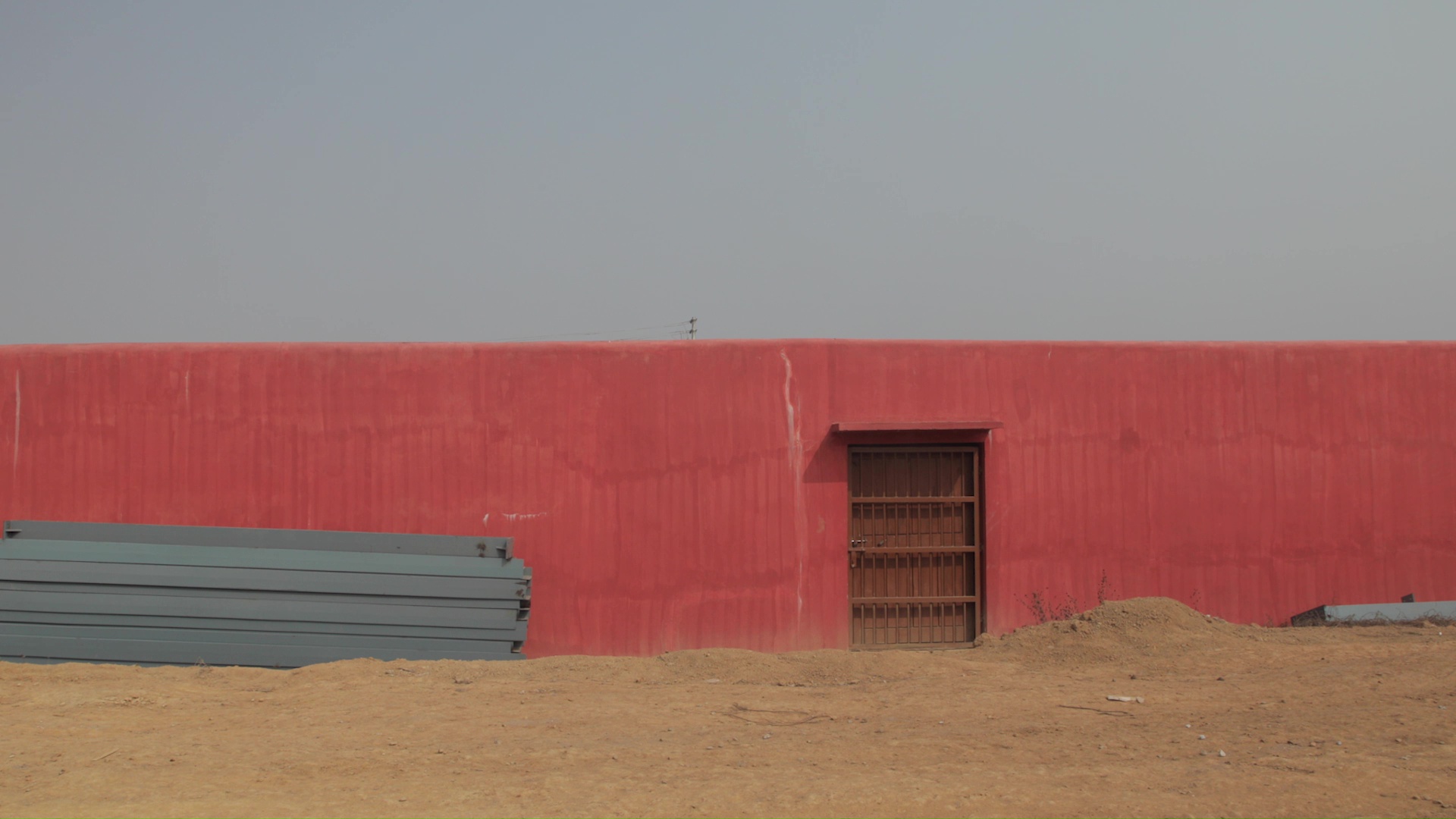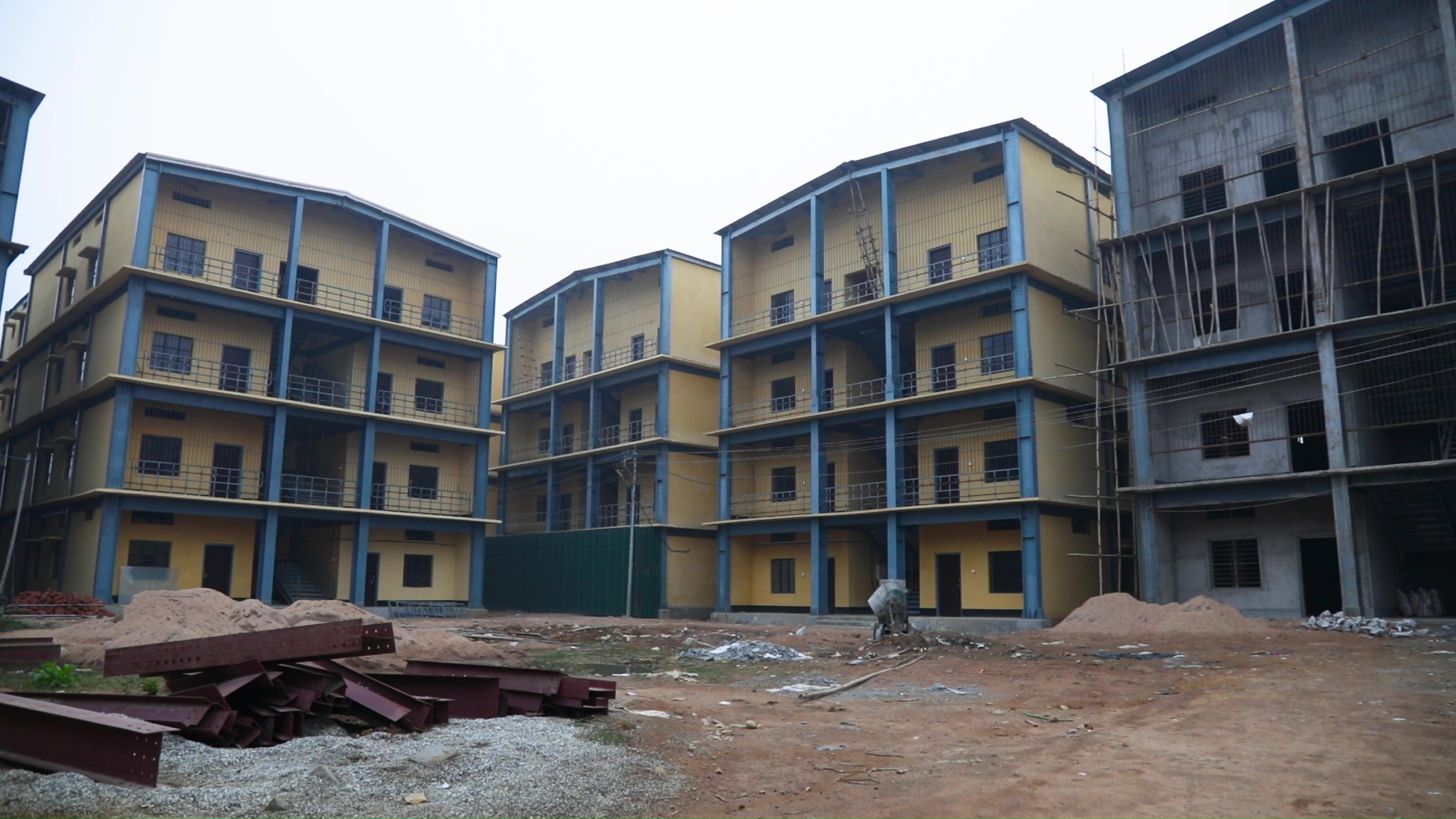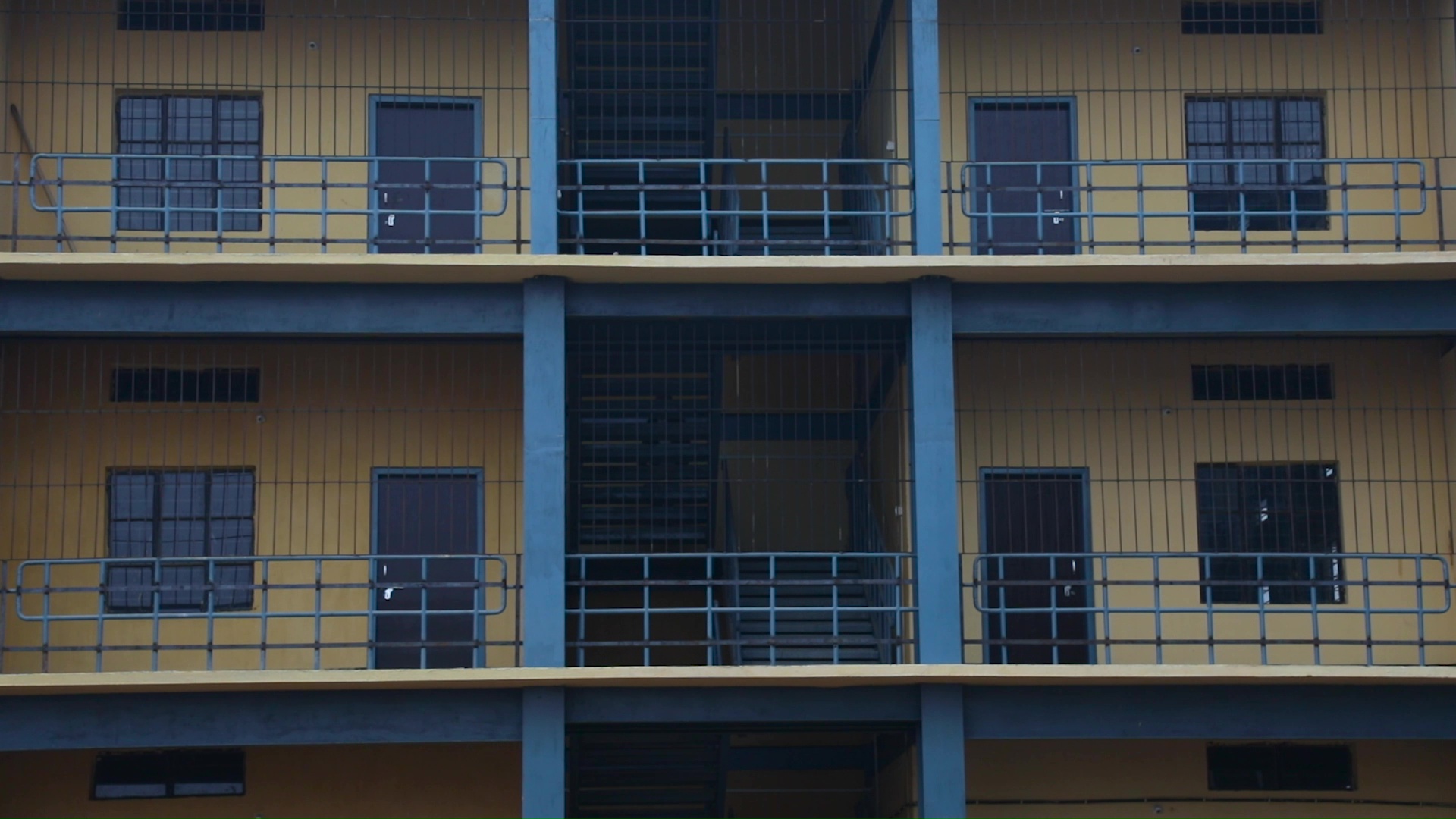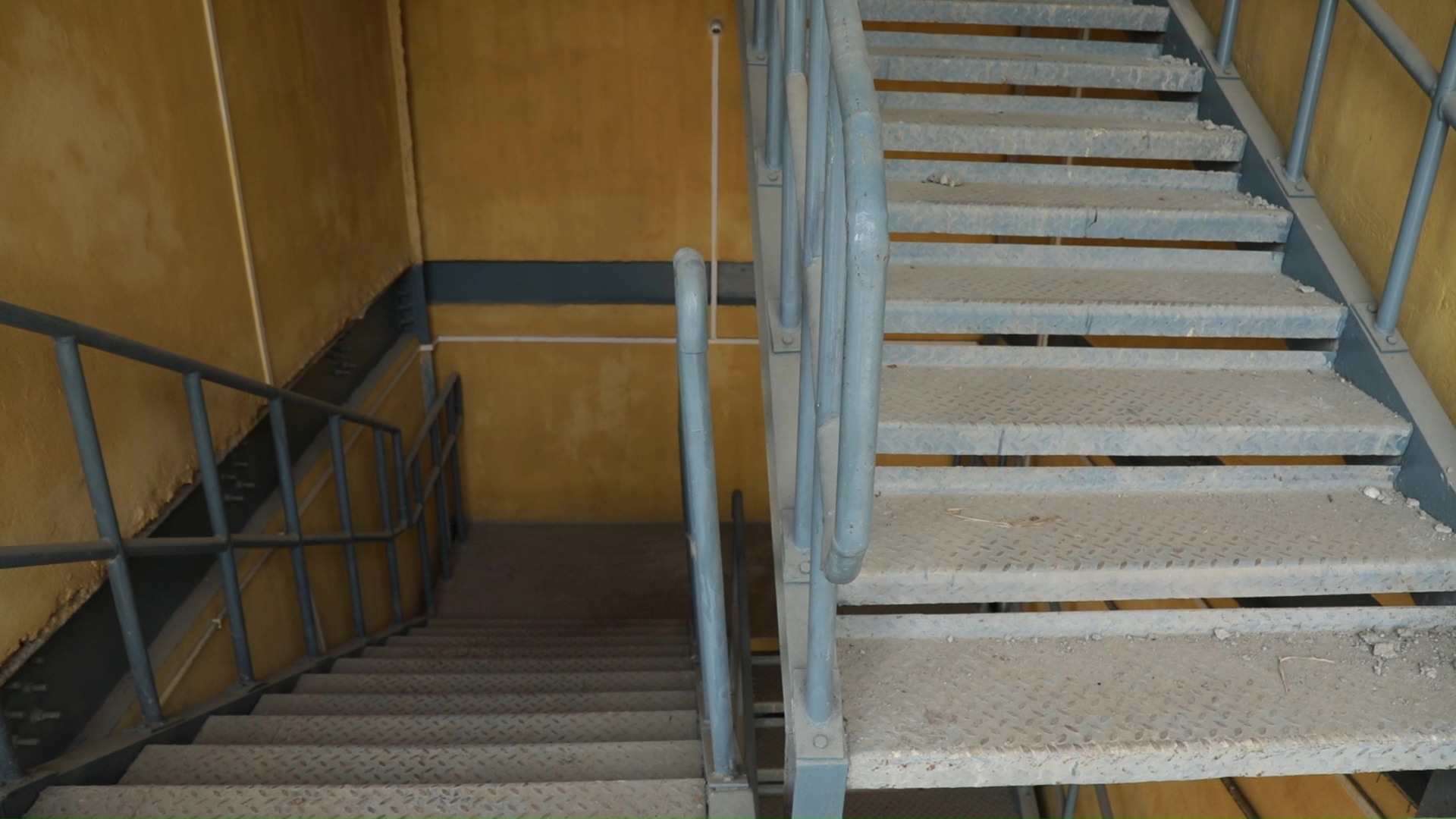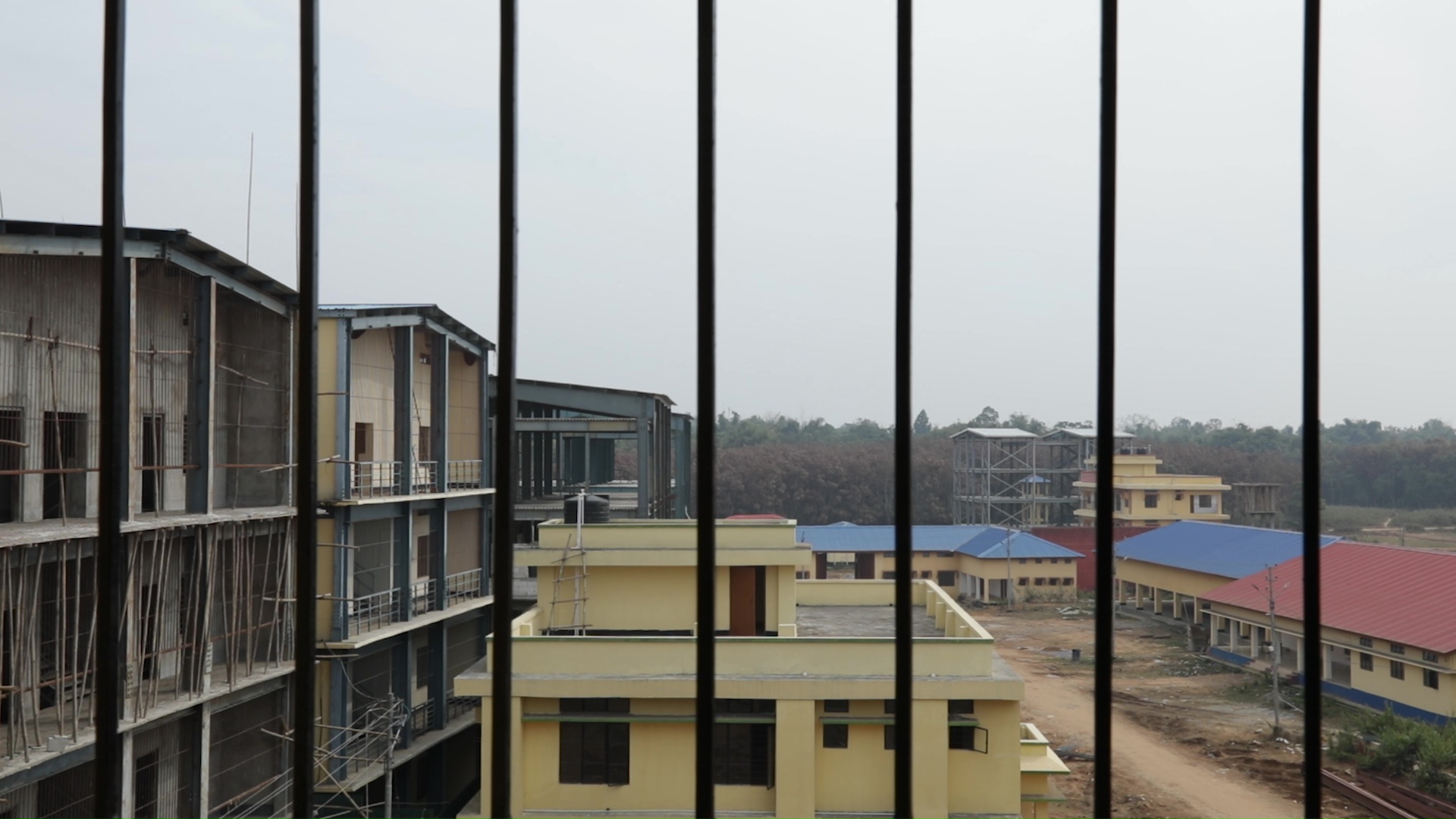‘Facing History and Ourselves’ is a multi-format research project by Subasri Krishnan, developed over 2021 and 2022 for the SSAF Lab, an incubatory space for interdisciplinary, discursive, processual and experimental strategies of practice across multiple media. A series of discussions with academics, lawyers, journalists, poets and filmmakers looked at the relationship between history and memory, landscapes and borders, official and legal mandates of citizenship and exclusion, and ways in which material and intangible forms of belonging may be brought to bear in building archives of people and their lives. Subasri also continued her longue durée research with a series of audio-visual oral testimonies of dispossessed individuals caught in the crosshairs of the National Register of Citizens (NRC) exercise in Assam.
‘Facing History and Ourselves’ is a project that seeks to bear witness and take forward the conversation on the ongoing citizenship crisis in Assam, and its devastating effects on individual life and histories. The effects of colonization and Partition of the Indian subcontinent, continue to make their presence felt in Assam even today in myriad ways – through the National Register of Citizens (NRC), a citizenship mapping exercise that could potentially leave 1.9 million people stateless; the creation of a category of citizens called “Doubtful” (D)-voters and their incarceration in detention centres; the mushrooming of Foreigners Tribunals (FT) since the late ‘90s all across Assam; a massive detention centre in Matia, Goalpara that bears architectural similarities to camps that belong to another place and time from the 20th century.
Construction of detention centre in Matia, Goalpara (Assam). This sequence is an extract from Subasri Krishnan’s ongoing work and shot between 2020-2022. In January 2023, the first set of inmates who were declared “declared foreigners” were moved here. The detention centre currently also houses those accused under Prohibition of Child Marriage Act in Assam. Cinematography by Arghadeep Baruah and Riju Das.
Much of this complicated history is tied to waves of migration that took place in the early 20th century in pre-independent India as a result of socio-economic decisions of the British empire, the Partition of Bengal in 1905 and the Indian subcontinent in 1947 into India, West/East Pakistan (eventually Bangladesh in 1971) and the various administrative/legal interventions and social churnings like the Assam Agitation that took place between 1979-1985, that has always looked at the figure of Muslim of Bengal origin and Bengali Hindu as the “other”.
A cartographic imagination of the nation-state produces borders and a violent disruption of geographical and social identities. While historically, migration from one place to another has been tied to mobility and search for better economic opportunities, borders of a nation-state disrupt this fluidity. It calcifies people only into their social/linguistic identities and into legal categories of “citizen”, “illegal immigrant”, “refugee”. In Assam, it is Muslims of Bengal origin and Bengali Hindus who have borne the brunt of this imagination, in addition to historic contestations around land/natural resources, ethnic/linguistic identities of who can call themselves “Assamese” or “Indian”. Added to this is the cynical manipulation of the political regime led by Bhartiya Janata Party (BJP) in the State and the Centre that attempts to cannibalize a diverse and fractured society into its ideological playground. This led to the passing on the Citizenship Amendment Act (CAA) in December 2019 that grants Indian citizenship to those of persecuted religions from Afghanistan, Bangladesh and Pakistan if they entered India on or before 30th December 2014. They include Hindus, Buddhists, Christians, Jains and Parsis. Muslims were excluded from the Act. This led to widespread protests throughout the country against CAA and a demand that Muslims be also included under the ambit of the Act. Assam saw widespread protests too, but it was against the inclusion of any person, irrespective of their religion being granted citizenship through the Act. One does not have to be a serious student of political science or history to understand that the Act, though implementable in all of India, was brought into force with an eye on Assam. The speculative future of what the CAA/NRC in the rest of India will look like, is already taking place in Assam, and has been for decades now!
How does one engage with the complicated history of a place without viewing events and people in a binary or villainizing them? How does one make sense of this continuum of history that has produced cyclic violence in Assam, especially against Muslims of Bengal origin? How does one reconcile the individual trauma of a Bengali Hindu person alongside the majoritarian politics that the community will supposedly benefit from? How does one find the language to talk and write about pain about individual and communities without measuring them against each other?
‘Facing History and Ourselves’ is an attempt to bear witness to the moment through image, sound, text, films and conversations, once the rush of news cycles have ended. The project consists of different textual and media forms that attempts to understand the interconnections between the past and rapidly evolving present. It consists of a select bibliography of books and articles on Assam and questions of citizenship; a timeline of events since the Partition of the Indian subcontinent in Assam; three curated panel discussions developed with SSAF and held online in 2021 and 2022 – Citizenship and Its Discontents, Image and Memory, Trails of Partition: Assam and the NRC with academics, authors, journalists, lawyers, poets and filmmakers.
The project also includes audio-visual testimonies of people who find themselves in the vortex of citizenship exercise in Assam. These include Rashida Begum, a survivor of the Nellie massacre of 1983 and who now finds herself left out of the NRC, Shahjahan Ali Ahmed an NRC activist who does not find his name in the NRC, Ulopi Biswas, who was declared a “D”-voter, fought a case in the Foreigners Tribunal from 2017 onwards and was declared a bidexi (foreigner) in September 2022, Sufia Khatun and Kulsum Nissa who are out on bail from the detention centre and hope to reclaim their citizenship and Morjina Bibi who found herself in a detention centre for more than eight months, because of an administrative mix-up.
Rashida Begum
Shahjahan Ali Ahmed
Ulopi Biswas
Sufia Khatun
Kulsum Nissa
Morjina Bibi
I chose to focus on the minutiae of individual experiences. This is because formal history writing fleshes out the grand structural narrative but leaves out the granularity of the individual experience or the community. An individual’s claim to citizenship isn’t only through an identity document but through other registers that find no place in the law or an administrative exercise like the NRC or a voter list. Testimony becomes one such register in Assam, through which a claim to citizenship can be made. Cultural theorist Shoshana Felman in her essay A Ghost in the House of Justice: Death and the Language of Law while writing about K-Zetnik, a holocaust survivor who is a witness in the Eichmann trial says that other forms of “evidence” of personhood outside the framework of the law, “consciously embraces the vulnerability, the legal fallibility, and shortcomings of the human witnesses. It is precisely the witnesses’ fragility that paradoxically is called upon to testify and to bear witness”. If one were to extend this conceptual framework to the citizenship crisis in Assam, of the inability of the bureaucratic and legal registers to claims of citizenship beyond the identity document, then first person testimony along with poetry, photographs, objects, memories – all become domains through which claims to citizenship can be claimed. One hopes that Facing History and Ourselves will open up a conversation on a more inclusive concept of citizenship.
— Subasri Krishnan
Bibliography
BOOKS
- Gohain, Hiren. Assam: A Burning Question. Guwahati, Spectrum Publication, 1984.
- Hussain, Monirul. The Assam Movement: Class Ideology and Identity. Delhi, Manak Publications in association with Har-Anand Publication, 1993.
- Hazarika, Sanjoy. Strangers of the Mist: Tales of War and Peace from India’s Northeast. New Delhi, Viking Penguin Books, 1994.
- Baruah, Sanjib. India Against Itself: Assam and the Politics of Nationality. Philadelphia, University of Pennsylvania Press, 1999.
- Saikia, Yasmin. Assam and India: Fragmented Memories, Cultural Identity and the Tai-Ahom Struggle. Durham, Duke University Press, 2004.
- Guha, Amalendu. Planter Raj to Swaraj: Freedom Struggle and Electoral Politics in Assam. New Delhi, Tulika Books, 2006.
- Goswami, Sabita. Along the Red River: A Memoir. New Delhi Zubaan Books, 2013.
- Gopal Jayal, Niraja. Citizenship and Its Discontents: An India History. Cambridge, Harvard University Press, 2013.
- Kimura, Makiko. The Nellie Massacre of 1983: Agency of Rioters. New Delhi, Sage India, 2013
- Misra, Udayon. Burden of History: Assam and the Partition – Unresolved Issues. New Delhi, Oxford University Press, 2017.
- Hazarika, Sanjoy. Strangers No More. New Delhi, Aleph Book Company, 2018.
- Saikia, Arupjyoti. The Unquiet River: A Biography of the Brahmaputra. New Delhi, Oxford University Press, 2019.
- Barooah Pisharoty, Sangeeta. Assam: The Accord, The Discord. New Delhi, Penguin Random House India, 2019.
- Baruah, Sanjib. In The Name of the Nation – India and Its North-East. Stanford, Stanford University Press, 2020.
- Saha, Abhishek. No Land’s People. New Delhi, Harper Collins Publishers, India, 2021.
- Choudhury, Samrat C. The Braided River: A Journey along the Brahmaputra. New Delhi, Harper Collins Publishers, India, 2021.
- Sur, Malini. Jungle Passports: Fences, Mobility and Citizenship. Philadelphia, University of Pennsylvania Press, 2021.
- Barbora, Sanjay. Homeland Insecurities: Autonomy, Conflict and Migration in Assam. New Delhi, Oxford University Press, 2022.
- Roy, Anupama. Citizenship Regimes, Law and Belonging – The CAA and the NRC. New Delhi, Oxford University Press, 2022.
ARTICLES
- Where is Assam – David Ludden, Himal Southasian, 15th November, 2005.
- Assam and the Foreigner Within: Illegal Bangladeshis or Bengali Muslims – Navine Murshid, Asian Survey, Volume 56, Issue 3, May/June 2016.
- Peasants, Students, Insurgents and Popular Movements in Contemporary Assam by Sanjay Barbora, Policies and Practices 97 (Mahanirban Calcutta Research Group), November 2018.
- The Story of Atabor the Bandit, or How the NRC Reinforces Divisive Narratives – Malini Sur, The Wire, 2nd August, 2018.
- Growing up Miya in Assam: How the NRC weaponised my identity against me Abdul Kalam Azad, The Caravan, 23rd September, 2018
- “Worse Than a Death Sentence”: Inside India’s Sham Trials That Could Strip Millions of Citizenship– Rohini Mohan, Vice, 29th July, 2019.
- The Crisis of Citizenship in Assam – Sanjay Barbora, The India Forum, 14th February, 2019.
- Assam NRC: A History of Violence and Persecution – Abdul Kalam Azad, The Wire, 15th August, 2019.
- Revisiting Partition Debates – Sanjib Baruah, The India Forum, 8th April, 2020
- Debating Citizenship, Seminar, May 2020.
- Counterstorytelling as Epistemic Justice: Decolonial Community-based Praxis from the Global South – Urmitapa Dutta, Abdul Kalam Azad and Shalim M. Hussain, 2021.
- Citizenship’s Rule of Exception – Mohsin Alam Bhat, The Leaflet, 26th January, 2021
- How Assam’s upper-caste controlled media reinforces the othering of tribal communities – Manoranjan Pegu, The Caravan, 21st June, 2021
- The Foreigner – Makepeace Sitlhou, Fifty Two, 3rd September, 2021.
- On Non Political Assamese – Suraj Gogoi, Himal Southasian, 13th April, 2022
- Strangers in Their Own Land – Makepeace Sitlhou, The Baffler, October 2022.
- How BJP used an Assamese historian’s imagination of the past to push its politics of polarisation – Suraj Gogoi and Manoranjan Pegu, Scroll.in, 26th November, 2022.
- Nellie Massacre: 40 Years Later, a Cautionary Tale for Today’s India – Angshuman Choudhury, The Wire, 23rd February, 2023.
- The Final Count: Tracking the National Register of Citizens in Assam – stories by Arunabh Saikia, et al, Scroll.in
INTERVIEWS
- The Citizenship Battles: Podcast with Srinath Raghavan, The Seen and the Unseen, Episode 152, 22nd December, 2019.
- Ethnographic Time and the Border: An Interview with Malini Sur by Scott Schnur, Society for Cultural Anthropology, 11th March, 2021.
- Interview: Sanjib Baruah on Assam elections, identity politics and the ‘cash-transfer state’ by Arunabh Saikia, Scroll.in, 27th March, 2021.
- Interview with Prof. Nirja Gopal Jayal – by Arunima Nair, Parichay, 18th February, 2022.



